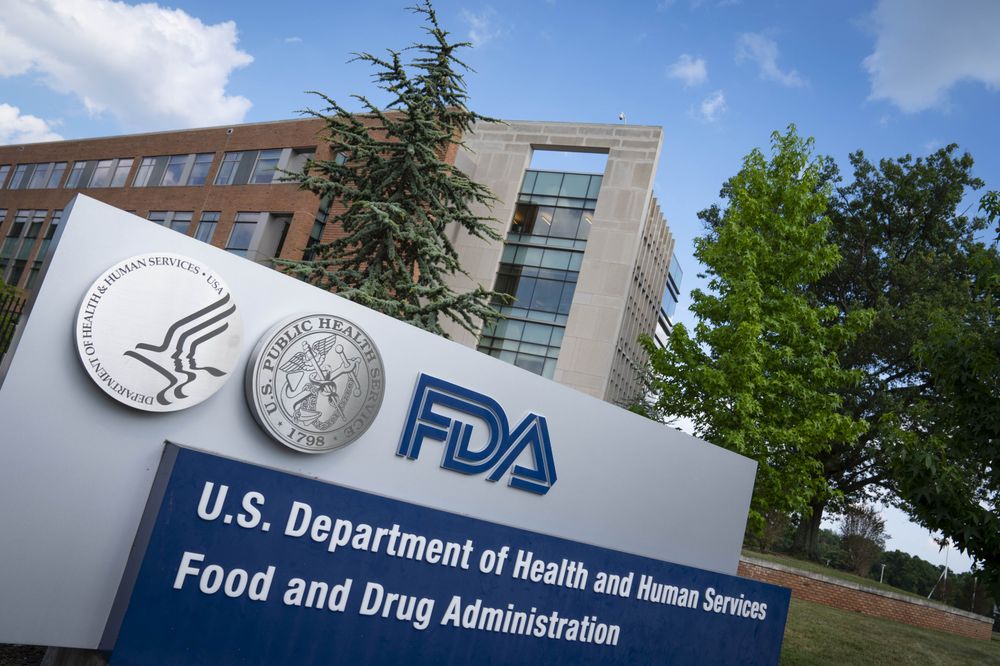US FDA: Moderna did not meet all criteria for Covid-19 boosters
Scientists skeptical that third vaccine dose needed, citing strong efficacy from shot's first two doses


Scientists at the US Food and Drug Administration (FDA) said on Tuesday that Moderna had not met all of the agency's criteria to support use of booster doses of its Covid-19 vaccine, possibly because the efficacy of the shot's first two doses has remained strong.
FDA staff said in documents that data for Moderna's vaccine showed that a booster does increases protective antibodies, but the difference in antibody levels before and after the shot was not wide enough, particularly in those whose levels had remained high.
The documents were released ahead of a meeting later this week of the FDA's outside expert advisers to discuss booster doses of the vaccine.
The FDA typically follows the advice of its experts, but is not bound to do so. A panel of advisers to the US Centers for Disease Control and Prevention (CDC) will meet next week to discuss specific recommendations on who can receive the boosters, if the FDA authorizes them.
Moderna is asking for the approval of a 50-microgram booster shot that would be half the strength of the first two doses administered around four weeks apart.
A report last month said that the FDA was leaning toward authorizing the 50-microgram Moderna booster.
Moderna wants the FDA to approve its third vaccine dose for people over the age of 65 and for high-risk populations similar to the authorization recently given to the Pfizer-BioNtech booster shot for the same demographics.
Johnson & Johnson is also seeking authorization for a booster shot.
The companies cite data showing waning efficacy from the initial vaccinations. However, the FDA scientists are skeptical about the need for a Moderna booster.
The FDA's advisers will also consider booster doses for J&J's single-dose vaccine on Friday. The FDA has not yet released its briefing documents on those shots.